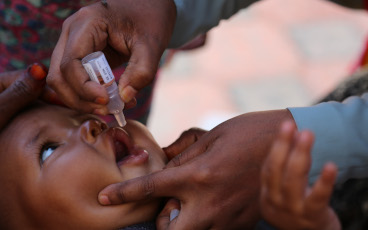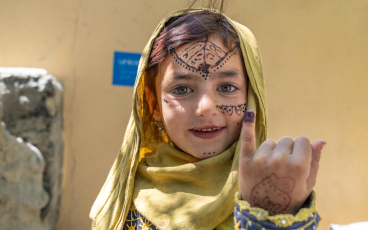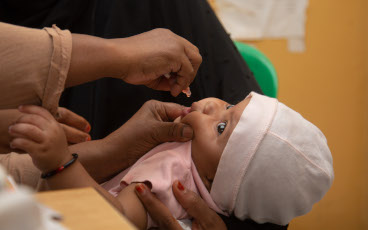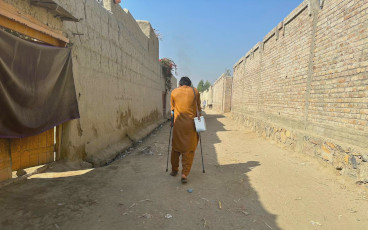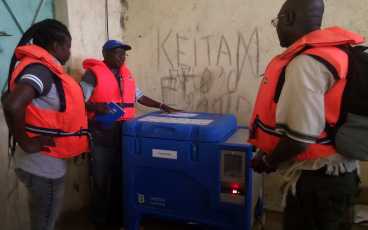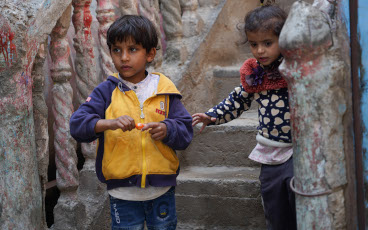Mitigating the threat of poliovirus importation to Sudan
To prevent a possible outbreak, WHO and national health authorities have been implementing vaccination campaigns and boosting disease surveillance.
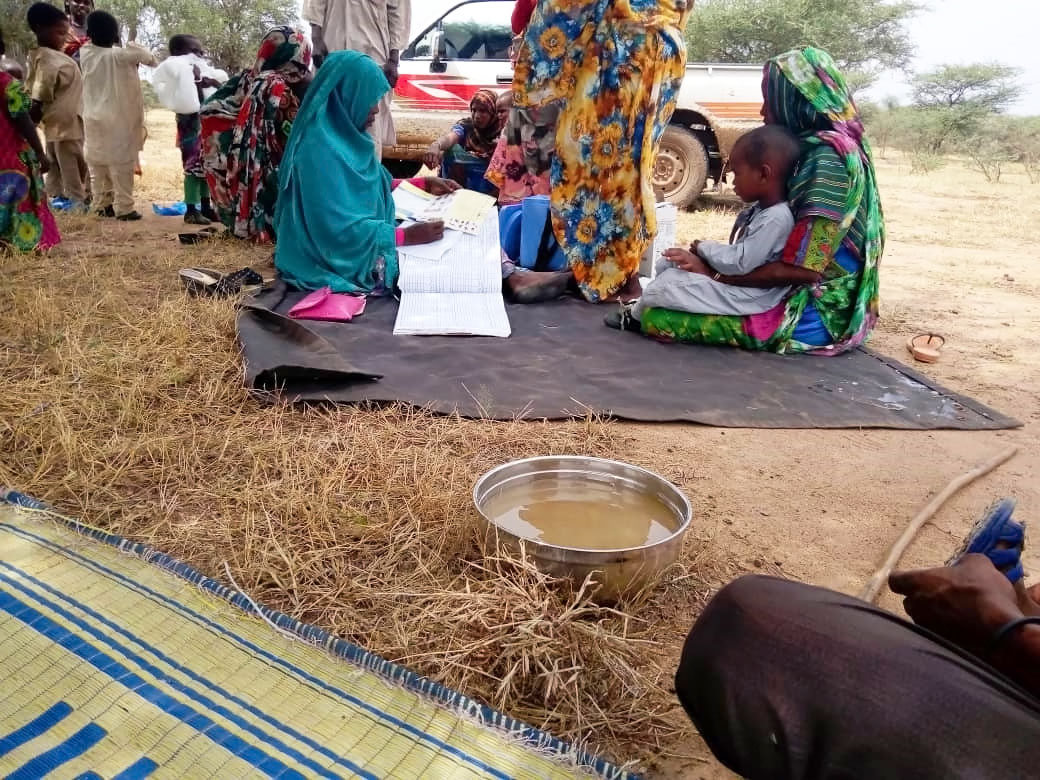
Sudan borders a number of countries facing outbreaks of circulating vaccine-derived poliovirus, including Chad and the Central African Republic (CAR) to the west, and Ethiopia and Somalia to the east. Population movements between these countries increase the risk of importation of polio to Sudan. The World Health Organization and national health authorities in Sudan are scaling up efforts to reduce the risk of poliovirus transmission to the country.
To prevent a possible outbreak, health authorities have been working amidst immense operational challenges to carry out vaccination campaigns and strengthen disease surveillance. Public health teams in Sudan and CAR are collaborating to share details of vaccinated refugee children with their country of origin, and exchange information on upcoming supplementary immunization activities and reported cases of Acute Flaccid Paralysis.
Sudan was declared free of wild poliovirus in 2015, but remains at considerable risk for poliovirus importation or a VDPV outbreak. Much of the risk is shaped by Sudan’s unique population dynamics, and by the devastating effect of population movement, conflict and instability affecting routine immunization. Additionally, nomads, who account for around 10% of Sudan’s population, regularly move across borders to graze animals in Chad and CAR.
Over 8 million children under the age of five are estimated to live in Sudan – an age group considered to be most vulnerable to contracting and being paralyzed by poliovirus. Sudan also has large numbers of internally displaced people and refugees, many in the areas of the country with the lowest levels of routine immunization, such as the Darfur region.
In September and October 2019, states on the border between Sudan and CAR implemented accelerated routine immunization to provide children with coverage against a variety of vaccine-preventable diseases. Teams conducted reviews of vaccination facilities and posts in border areas, and orientation sessions were held in healthcare settings to reinforce reporting cases of Acute Flaccid Paralysis. Children received oral polio vaccine, pentavalent vaccine, and inactivated polio vaccine. Initial data from the campaigns suggests a spike in coverage, with teams reaching many children previously unprotected.


